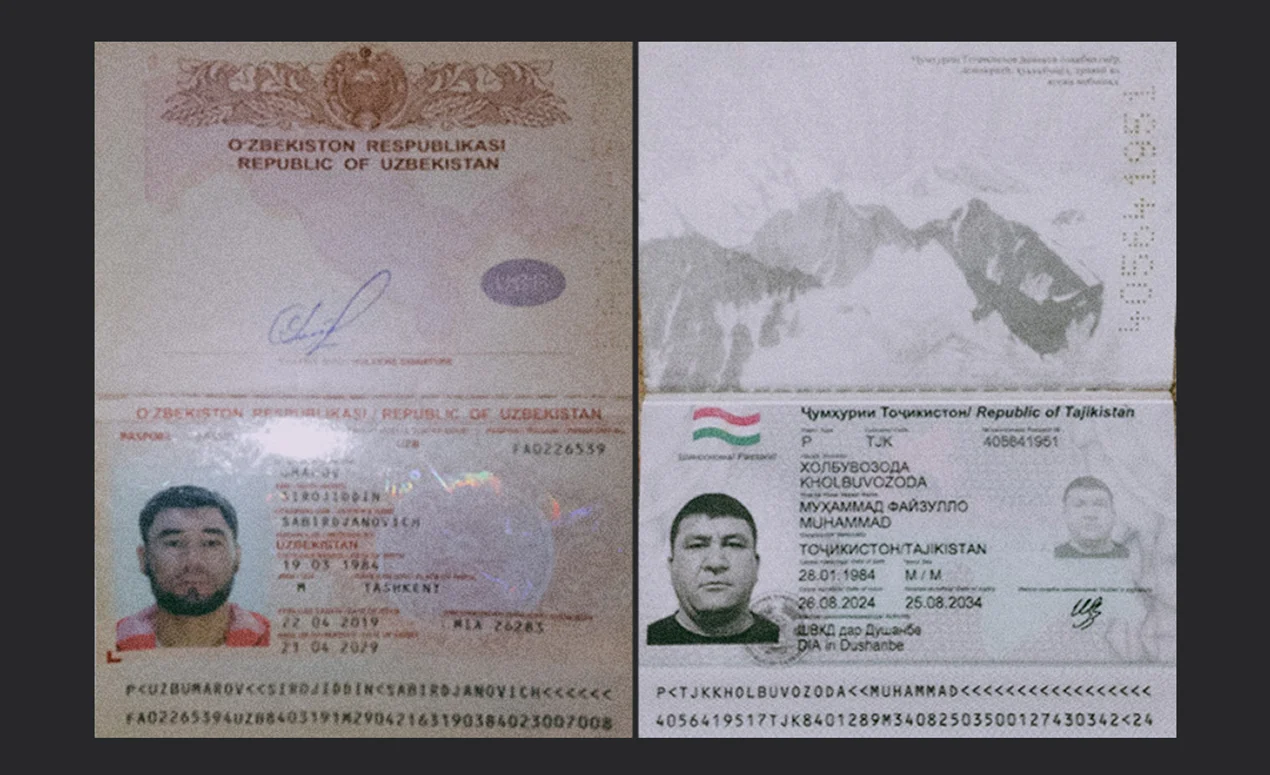Russia is increasingly recruiting citizens from Central Asian countries, particularly Uzbekistan and Tajikistan, to participate in combat operations against Ukraine, according to Ukraine’s Main Intelligence Directorate (DIU).
The recruitment targets primarily labor migrants who arrive in Russia seeking employment opportunities. Russian army representatives deceive these individuals by promising “quick earnings” through short-term contracts, the DIU reported on 21 June.
Intelligence data indicates that most such “volunteers” die in the war. Among recently eliminated mercenaries from Uzbekistan and Tajikistan were Umarov Sirozhiddin Sabirdzhanovich, born in 1984, and Kholbuvozoda Muhammad Fayzullo, also born in 1984.
The mobilized migrants are formed into separate units that are predominantly deployed to the most dangerous sections of the front, according to the intelligence directorate.
“Even if they survive service on the front, such combatants cannot return to normal life: in their countries of origin, criminal prosecution awaits them for participation in foreign state armed formations with the prospect of long-term imprisonment,” Ukrainian intelligence emphasized.
The practice represents Russia’s expanding recruitment efforts beyond its borders as it seeks to maintain military operations while avoiding broader domestic mobilization that could prove politically costly.
Read also:
- Politico: Middle East tensions derail EU plan to slash Russian oil price cap aimed at squeezing war funding
- Latvia bans Russians from buying property, calling it hybrid warfare threat
- ISW: Putin’s victory plan hinges on Western fatigue and Ukrainian collapse




